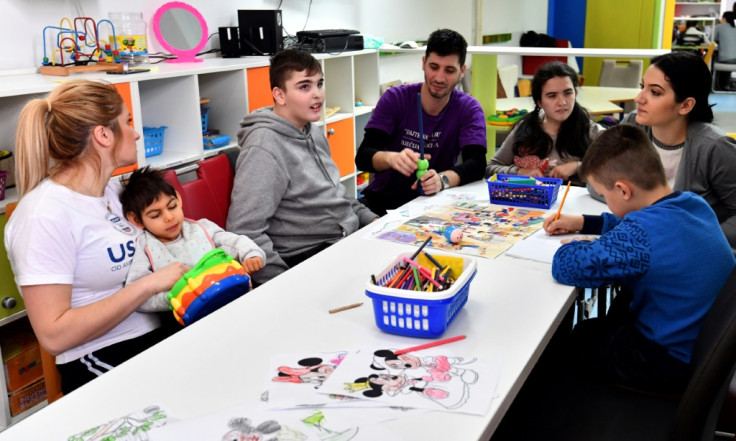Bath and London researchers discover life quality doesn't depend on age of autism diagnosis
According to recent statistics, a total of 1,320 individuals who have been diagnosed with autism are residing in mental health hospitals in England.

A new study reveals that the age of diagnosis for those with autism does not affect their quality of life. This profound discovery is a huge step towards understanding this condition better while reframing the preconceived notion that autism is only for children.
Autism, also referred to as autism spectrum disorder (ASD), "constitutes a diverse group of conditions related to the development of the brain", according to the World Health Organisation. People living with ASD vary, in terms of characteristics and needs.
While some can live independently, others have severe disabilities and require life-long care and support. According to recent statistics, a total of 1,320 individuals who have been diagnosed with autism are residing in mental health hospitals in England.
Researchers, from the University of Bath and King's College London, surveyed 300 adults diagnosed with autism. The attempt to figure out if there is a connection between being autistic and that individual's quality of life, after accounting for other factors like household income and age, was fruitful. Psychologists from Bath and London were able to prove that people with autism and their stature in life are not affected by the age they were first diagnosed with autism, may it be early on in their childhood or later on as an adult.
The respondents of the study were asked to state the age at which they first learned that they were autistic. They were also asked to detail other information like their socio-demographic background like their sex at birth, relationship status, living conditions, education level, career path, and the presence of additional mental health conditions. Along with that, the participants' level of autistic personality traits was also measured.
These individuals were then asked to answer a series of questions regarding different aspects of their quality of life. The categories include physical, psychological, social, and even environmental aspects. Some examples of the questions asked are: "To what extent do you feel your life to be meaningful?" and "How satisfied are you with the support you get from your friends?".
Published in the international research journal Autism, the results revealed that "the age participants first learned they were autistic did not significantly and uniquely predict their quality of life and well-being". In fact, it further found that "having more autistic traits" proved to lead to having a poorer quality of life and well-being.
The researchers also discovered that other variables were more closely linked to the quality of life, such as the individual's sex and other coexisting mental health conditions (e.g. anxiety, depression). Women living with autism reported, in the study, a better quality of life compared to their male counterparts, indicating one's sex at birth as a more influential factor in life quality rather than the timing of diagnosis.
Dr Lucy Livingston, a Senior Research Fellow at the University of Bath and Lecturer in Psychology at King's College London, said: "More and more people are finding out they are autistic for the first time as an adult, which can be a life-changing realisation."
Livingston further added that "the take-away message is that the impact of an autism diagnosis on someone's quality of life is different for everyone. And there may be other, individual factors that are more important to focus on".
Co-author and Associate Professor at the University of Bath, Dr Punit Shah, explained that autism was referred to as a childhood condition for the longest time, but people fail to realise that "most autistic people, in the UK for example, are now actually adults".
Shah also stated: "With an ageing society, this pattern will increase over the next few decades, so it is critically important that we conduct more detailed investigations into individual differences amongst autistic adults, as we have done."
Another study from the year 2020 showed that more than 70 per cent of people suffering from autism show differences in their sensory perceptions. The lead author, Dr Sun-Tsang Hsieh, explained that for some individuals, the lightest touch could become unbearable.
Meanwhile, back in 2021, a woman from Florida was arrested for keeping her daughter, who had been diagnosed with autism, locked in a homemade metal and wooden cage.
© Copyright IBTimes 2025. All rights reserved.






















